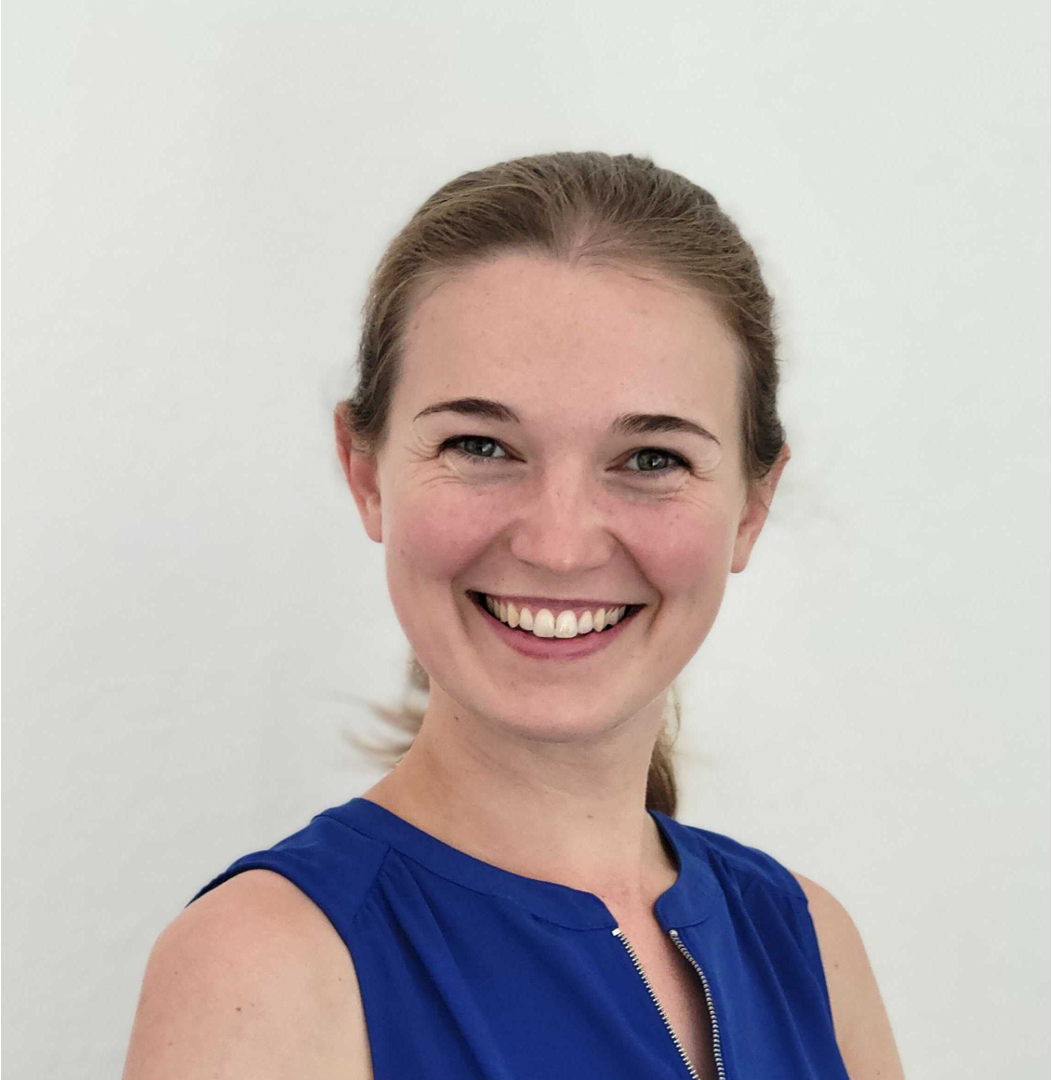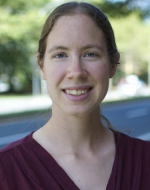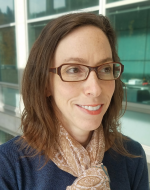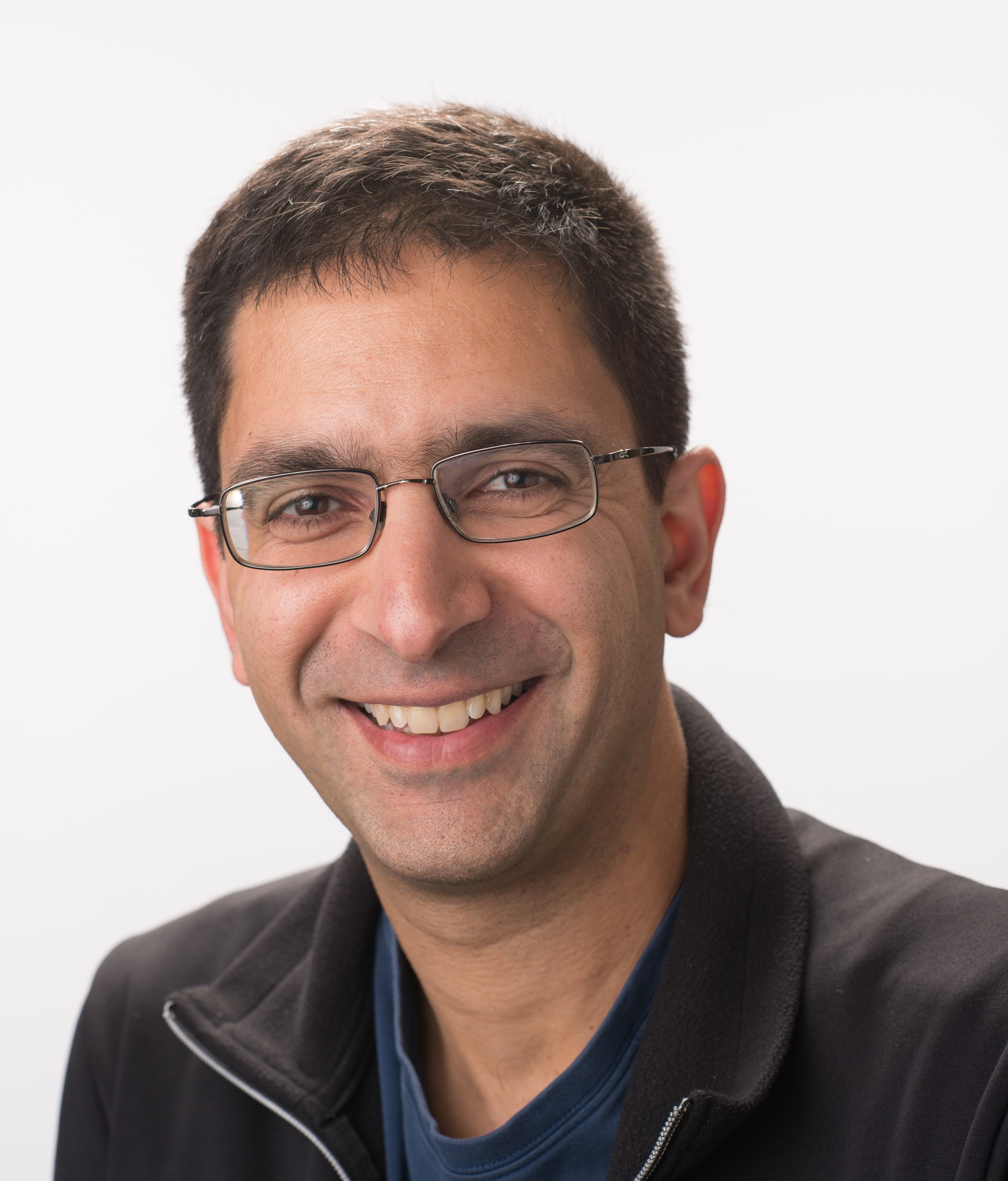Keynote Speakers
 Tiffany Amariuta-Bartell, PhD
Tiffany Amariuta-Bartell, PhD
USA
Before starting her lab in San Diego, Tiffany earned a B.S. in Biological Engineering at MIT and went on to conduct graduate research with Dr. Soumya Raychaudhuri as part of the Bioinformatics and Integrative Genomics PhD program at Harvard Medical School, where she studied the genetic susceptibility of autoimmune diseases and other polygenic diseases. During graduate school, Tiffany developed machine learning methods to predict the functionality of regulatory variants, which had applications to transcription factor binding prediction, eQTL mapping, heritability enrichment analysis, and trans-ancestry portability of polygenic risk scores. She pursued post-doctoral research studying tissue-mediated genetic effects with Dr. Alkes Price at the Harvard School of Public Health. Now, Tiffany is an Assistant Professor in the Halıcıoğlu Data Science Institute and the Department of Medicine at the University of California San Diego. In her free time, Tiffany enjoys hiking, tennis, beach volleyball, and spending time with her dog, Dax.
 Melissa Gymrek, PhD
Melissa Gymrek, PhD
USA
Dr. Gymrek is currently an assistant professor at the University of California San Diego in the Departments of Medicine and Computer Science & Engineering. Their major research interest is to understand complex genetic variants that underlie phenotypic changes, ultimately leading to human disease. Their recent work focuses on repetitive DNA variants known as short tandem repeats (STRs) as a model for complex variation. Their lab develops computational methods for analyzing complex variation from large datasets and applies these methods to answer many questions regarding STRs and other variant types, including their contribution to complex human phenotypes.
 Melissa Haendel, PhD
Melissa Haendel, PhD
USA
Dr. Melissa Haendel is the Chief Research Informatics Officer and Marsico Chair in Data Science at University of Colorado Anschutz Medical Campus, the director of the Center for Data to Health (CD2H), and an elected Fellow of the American Medical Informatics Association. Her background is in translational science, with a focus over the past decade on developing ontologies, semantic engineering technologies, and open science infrastructure programs. Dr. Haendel’s vision is to weave together healthcare systems, basic science research, and patient generated data through development of data integration technologies and innovative data capture strategies. Dr. Haendel co-leads both the Monarch Initiative, an international consortium dedicated to utilizing model organism genotype-phenotype data, deep phenotyping, and graph-based integration techniques to improve rare disease diagnosis; and NCATS Data Translator, which aims to integrate hundreds of data resources for mechanism and drug discovery. The CD2H is tasked with coordinating informatics across 60 Clinical and Translational Science Award Institutes, and is focused on implementation of cloud and information architecture, clinical data model interoperability, and precision-medicine focused terminology development. Dr. Haendel also co-leads the GA4GH Clinical and Phenotypic workstream, where she supports cross-disciplinary international teams, development of standards for clinical genetics in rare disease and cancer and improving access to data worldwide.
 Lior Pachter, PhD
Lior Pachter, PhD
USA
Lior Pachter was born in Ramat Gan, Israel, and grew up in Pretoria, South Africa where he attended Pretoria Boys High School. After receiving a B.S. in Mathematics from Caltech in 1994, He left for MIT where he was awarded a PhD in applied mathematics in 1999. He then moved to the University of California at Berkeley where he was a postdoctoral researcher (1999-2001), assistant professor (2001-2005), associate professor (2005-2009), and until 2018 the Raymond and Beverly Sackler professor of computational biology and professor of mathematics and molecular and cellular biology with a joint appointment in computer science. Since January 2017 he has been the Bren professor of computational biology at Caltech.
His research interests span the mathematical and biological sciences, and he has authored over 100 research articles in the areas of algorithms, combinatorics, comparative genomics, algebraic statistics, molecular biology and evolution. He has taught a wide range of courses in mathematics, computational biology and genomics. He is a Fellow of the International Society of Computational Biology and has been awarded a National Science Foundation CAREER award, a Sloan Research Fellowship, the Miller Professorship, and a Federal Laboratory Consortium award for the successful technology transfer of widely used sequence alignment software developed in his group.




